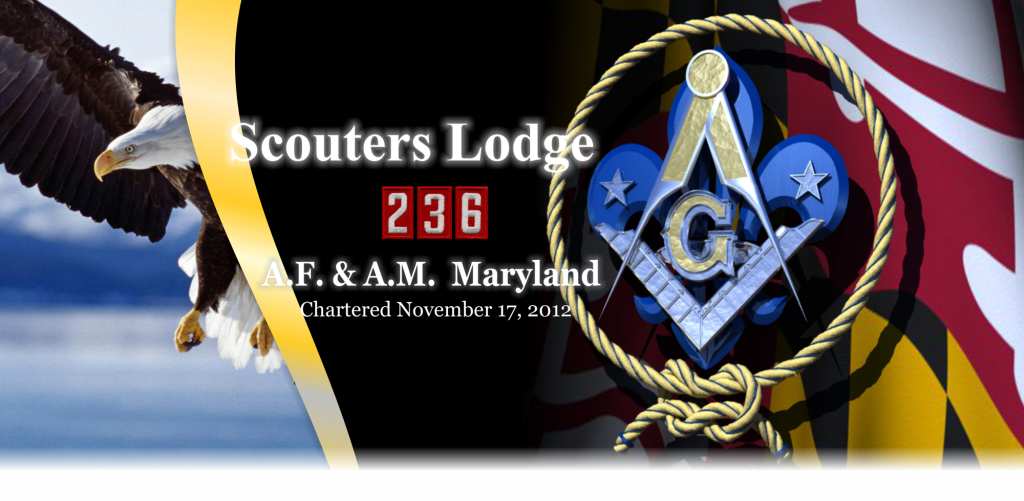What are the requirements for Freemasonry membership?
The person who wants to join Masonry must be a man (it’s a fraternity), sound in body and mind, who ‘believes in God’, is at least the minimum age required by Masonry in his state (18 years old in MD), and has a good reputation. (Incidentally, the “sound in body” requirement — which comes from the stonemasons of the Middle Ages — doesn’t mean that a physically challenged man cannot be a Mason; many are). Those are the only “formal” requirements. But there are others, not so formal. He should believe in helping others. He should believe there is more to life than pleasure and money. He should be willing to respect the opinions of others. And he should want to grow and develop as a human being.
In the United States all Masons must join a lodge in their state. There is NO Grand Lodge of America. Each state has their own Grand Lodge and a man joins a lodge under the jurisdiction of that state’s Grand Lodge. Once you are a member of a lodge you are a brother of all accepted and acknowledge fellow lodge members.
How does a man become a Mason? You need to ASK A MASON.
Some men are surprised that no one has ever asked them to become a Mason. They may even feel that the Masons in their town don’t think they are “good enough” to join. But it doesn’t work that way. For hundreds of years, Masons have been forbidden to ask others to join the fraternity. We can talk to friends about Masonry. We can tell them about what Masonry does. We can tell them why we enjoy it. But we can’t ask, much less pressure, anyone to join. It is up to you to ask a Mason about masonry and how to join a lodge.
There’s a good reason why we do not ask and you must ask us. It isn’t that we’re trying to be exclusive. But becoming a Mason is a very serious thing. Joining Freemasonry is making a permanent life commitment to live in certain ways. We’ve listed most of them above — to live with honor and integrity, to be willing to share with and care about others, to trust each other, and to place ultimate trust in God. No one should be “talked into” making such a decision.
So, when a man decides he wants to be a Mason, he asks a Mason for a petition or application. He fills it out and gives it to the Mason, and that Mason takes it to the local lodge. The Master of the lodge will appoint a committee to visit with the man and his family, find out a little about him and why he wants to be a Mason, tell him and his family about Masonry, and answer their questions. The committee reports to the lodge, the applicant information is reviewed and checked for accuracy. The committee will also determine if the applicant meets the high moral standards of the craft. After those steps the lodge votes on the petition. If the vote is affirmative the lodge will contact the man to set the date for the Entered Apprentice Degree. When the person has completed all three degrees, he is a Master Mason and a full member of the fraternity. Do you have what it takes to be a Mason? Then request more by asking a Mason!
Things to know about the membership process for someone looking to become a Mason.
· While we appreciate your interest in our lodge, look at other lodges. Every lodge has its own flavor. It’s a lot like when you were looking at which troop to join; meeting nights, distance from home, friends that are members, are just as important in selecting a lodge as in selecting a troop. Feel free to ask questions about what makes their lodge unique.
· Joining is not an overnight process. There is a natural delay built into the process. Also, most lodges will want to meet you and some will want to spend some time getting to know you. Ask your membership chairman/lodge contact about the details.
· Time commitments / expectations. In order to process through the three degrees there is work you have to do. Ask about it, make sure you have the time to commit to this and to the other activities your lodge attempting to do. (You don’t have to do everything the lodge is doing, but do make sure you understand what you might be expected to participate in.)
